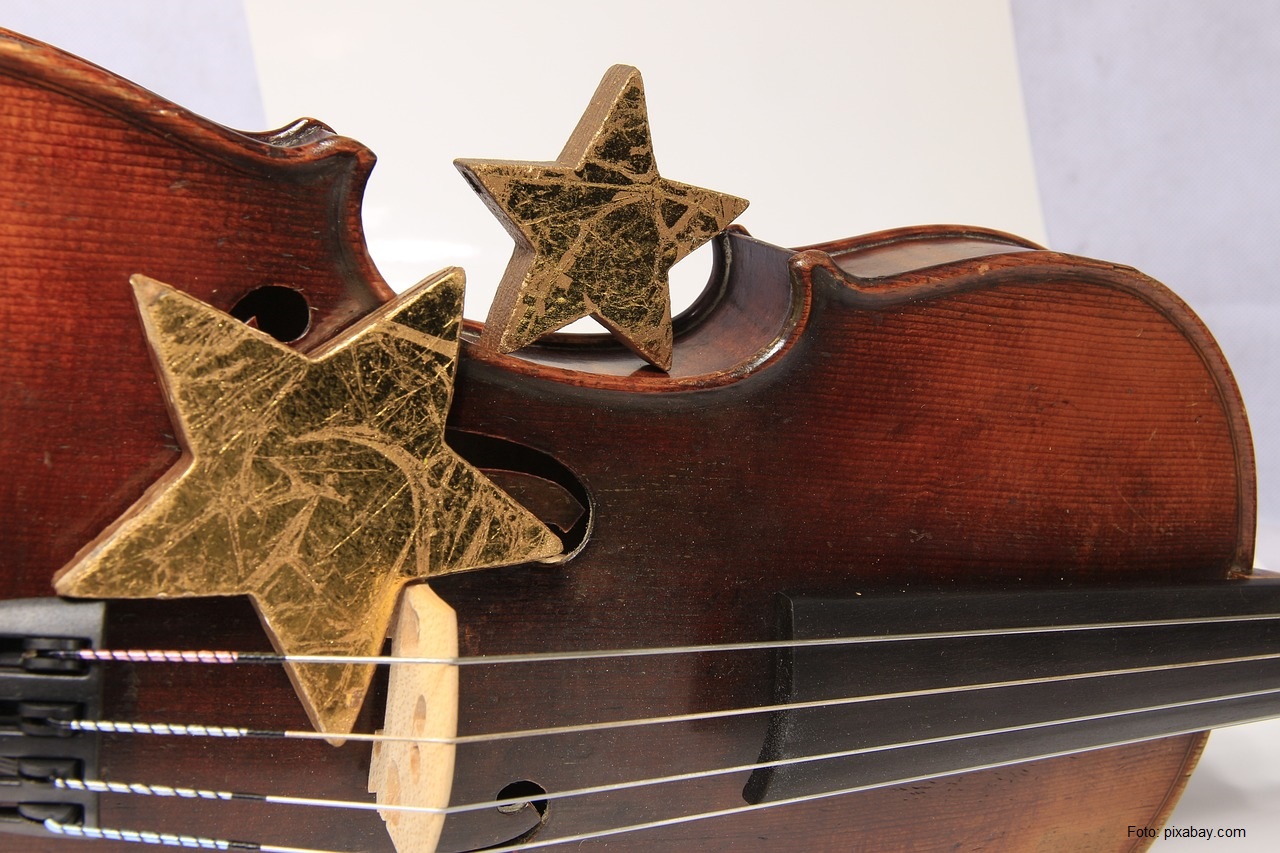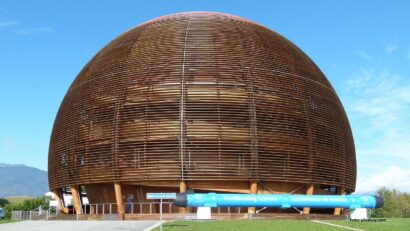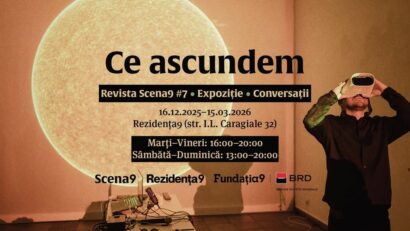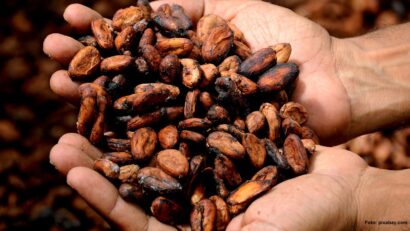Are New Year’s traditions being reinvented?
Winter traditions are some of the best-preserved holiday traditions today.

Ana-Maria Cononovici, 31.12.2024, 14:00
Winter traditions are some of the best-preserved holiday traditions today. As soon as December arrives, groups of carol singers start singing in the streets, their performances incorporating different archaic customs, which they follow more or less strictly. Thus, even in the big cities, carols like the Bear, the Goat, or the Ploughman, are performed around New Year’s Eve. We asked sociologist Bogdan Voicu if we still truly have winter traditions. To begin with, he offered us a looked back, to understand the origins of winter traditions in Romania and how they have changed and why:
“Old societies were agrarian, the winter period was a time when less work was done and so people also had free time on their hands and more time to socialize with others. That’s how these traditions appeared, these ways of spending time with the others, in which we symbolically strengthen the connections with our community, the connection with those around us, we understand each other better and practically prepare ourselves to cooperate in the next agricultural year. Nowadays, we are no longer agrarian societies, and this winter story has less symbolic importance. Winter traditions have become more like a celebration, and thus like any kind of human event, it is subject to attempts by some groups to distort its original meaning. For example, already in Romania in the 1980s, maybe even earlier, there were lots of people who tried to reinvent traditions in a mercantile sense, by using the winter performances around New Year’s Eve, like Capra, Plugușorul and Sorcova to ask for money, sometimes even aggressively. This happened in many Romanian cities, especially in the south, with many local football teams that used these winter traditions as a means of financing their activities. Today, as far as contemporary traditions go, we are effectively only left with Santa Claus and the Christmas tree, and they are a little changed, too.”
Bogdan Voicu notes that even in the countryside, where many people from the city go to spend traditional winter holidays, these customs are exploited for tourist purposes:
“The authentic phenomenon is rather rare at the moment, in the Romanian countryside. We have few real data on which to base the assumption that these traditions may be reinvented. There is little care in Romanian society for traditions, unlike across Western Europe, where such traditions have been constantly strengthened and reinvented. Romania is not really concerned with such a thing, everything is mercantile here and focused on making money out of everything.”
However, it must be noted that there are a number of initiatives to incorporate the tradition of carol singing, albeit of Western influence, into more and more social contexts, around the time of the winter holidays. Thus, more and more adult or children’s choirs have started to stage performances in shopping centers, churches, and homes for the elderly or for children.
In addition, fairs selling traditional products have already become a tradition, especially in cities, along with the more recent tradition of Christmas Fairs, some of them already internationally renowned, such as those in Craiova, Sibiu, Brasov and Bucharest.
We asked Bogdan Voicu if the Christmas Fairs can be considered a new holiday tradition:
“In Romania, the fairs held around Christmas, Easter and other holidays were lost during communism. They were an important tradition in the interwar period in the Transylvanian part of the country, they were a German import that had existed for several centuries. We kind of lost them, now we are starting to bring them back to life, but we are doing so without integrating them with previous traditions. Here I would have expected the local authorities to be more active in this regard, to try to encourage the traditions related to the celebration of winter. They are still not the size of traditional fairs in Western Europe. But that doesn’t mean they’re bad, they’re a very good thing, they’re a good way to pass the time and can be a means of reinventing tradition.”
In the villages of Bucovina, it was customary for masked carollers to walk in a group, each signifying a different character, such as the bear, the goat, the deer, the ugly, the beautiful, the devil or the doctor. The Bear Walk is found only in Moldova, on New Year’s. The bear is embodied by a boy wearing the fur of an animal on his head and shoulders, decorated near the ears with red tassels. To the beat of drums or to the melody of the whistle and assisted by a club, the mask mumbles and imitates the rocking and jerking steps of the bear, signifying the purification and fertilization of the soil in the new year. There is a hypothesis that at the origin of this custom there is a Gaeto-Thracian cult.
On the first day of the new year, the most common traditions are Pluguşorul and Sorcova, customs that invoke prosperity and abundance for the household that welcomes the carolers. It is believed those who do not welcome carolers during the holidays will be plagued by troubles and poverty in the coming year.






























